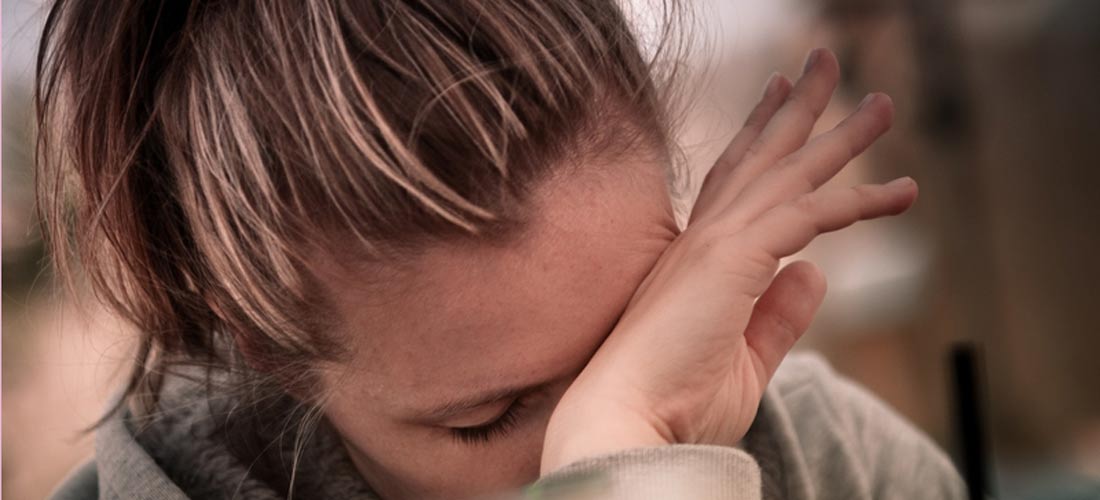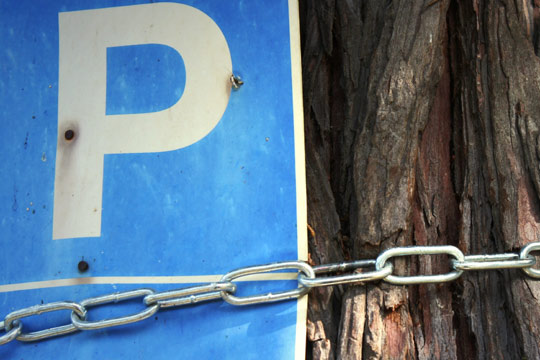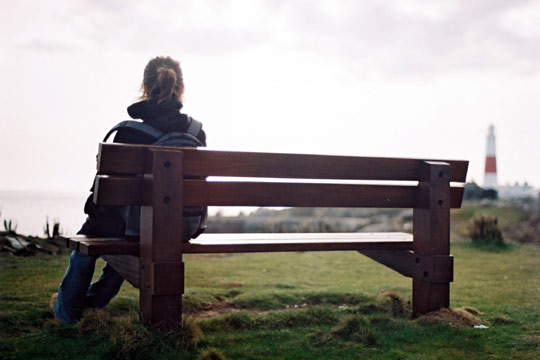
Violence always hurts and destroys
There are many aspects ofviolence
There are many aspects of violence: other people may hurt you badly by what they say or by using physical and sexualized violence. It is particularly bad when you no longer feel safe and secure where you live, at school, in your neighbourhood or within your family. Experiencing violence in word and deed all the time causes an extreme burden on your mind. It may be that you feel worse and worse. Perhaps you are no longer capable to learn well at school. It may even happen that you get very sick. You need help so that all this stops and you get better!
If you experienced intensive violence
- for example, if one or more persons kept on follwing or surrounding you on the road
- if you were heavily beaten or harrassed
- if you were sexually assaulted or raped
- if you feared for your life
even a single bad experience may have a strong impact on your life. Perhaps you would like to forget all this quickly. You want your life to go on as if nothing happened at all. But it may be the case that you get scared more easily and more often than you did before the attack. Perhaps you have got nightmares or you keep visualizing what had happened – just like watching a movie. You definitely need help!
Sexualized violence: talking about it helps - being silent protects the wrong persons
Sexual assaults are a particularly humiliating experience. Girls are sexually molested by looks or disgusting words, fumbled at, being watched while changing clothes, pursued, forced to sexuals acts without their consent. Girls go through this experience in all sorts of public places where they would never expect an assault (for instance, at school, at a public swimming pool, in a disco or youth club). In most cases sexual assaults are not executed by foreigners, but by persons who are well-known and who seem to be trustworthy: an uncle, a neighbour, your chum, a colleague, or the guy you fell in love with … even your step father or your own dad. When making such an experience, you really feel bad. You probably feel very upset and maybe you even think that it is all your fault. But the responsibility is always with the perpetrator.

In most cases the perpetrators are male, but there are also women who engage in sexual assaults. These people don't give a damn for your feelings and thoughts whatever they tell you. Some perpetrators force girls with brutal physical violence into sexual acts. Some perpetrators worm their way into your confidence with compliments or gifts in order to bend you to their will, to squeeze you emotionally and to put you under pressure. They mostly plan everything well in advance. Some girls do not realize in time what the guys are up to and feel flattered by their interest and care. Maybe you are totally confused that someone who is so kind to you misuses your confidence and you question your own perception.
So never allow someone to take 'nice' nude photos of you or video clips! These may later be used to put you under pressure or blackmail you. Perpetrators also use alcohol, tablets or drugs in order to get what they want and in order to break your power of resistance. In the worst case you may be forced into drug addiction so that you cannot resist anymore. The longer the sexual assaults persist, the more you feel hopeless and desperate. Whatever happened – there are always chances of getting help. The most important thing is now that you get support, that somebody is by your side to talk with you about it and consider everything well. It is important that this person is discrete and does not talk about it behind your back.
What can you do?
Try to find a person whom you can trust in order to talk about it and to find ways out so that you feel better again.
In many cities there are counselling centres where you find help. You call one of theemergency numbers. You may also write us an email.
Physical and psychological violence
It may happen that somebody around you is in an extremely bad mood or drank too much alcohol and, as a result, takes out his (or her) bad temper on you. Simply because you just happen to be there: for example, you get badly insulted, objects are thrown at you or you are tossed around. This is not okay even if it happens only once that somebody uses you as a lightning conductor for his or her anger.

But if someone who means a lot to you and whom you are dependent on (for example, your mother, your father, your sister or your brother …) keeps treating you badly, beating you, telling you nasty things or forces you into doing something that is utterly disgusting, your emotions and thoughts will be affected. You will feel worse and worse, your self-confidence will suffer from it: you think that you do not mean a thing to the others, that you do not get the respect and support you need while growing up. It is equally bad when you witness a member of your family being assaulted by another member of your family: for example, when your father keeps insulting and beating your mother. This can also be very hard for you to cope with.
You need help so that the harassment and violence within your family will stop and you can feel safe again.
What can you do?
Try to find a trustworthy person (for instance, a female relative or a teacher) in order to discuss your problem and to find a way out so that you feel better again.
In many cities there are counselling centres where you find help. You call one of the emergency numbers. You contact us by email.
WATCH OUT: if you experience fierce violence within your family, i.e. that you or somebody else is subjected to heavy threat or harrassment, you may directly call the police: phone 112.
0521 - 17 88 13



